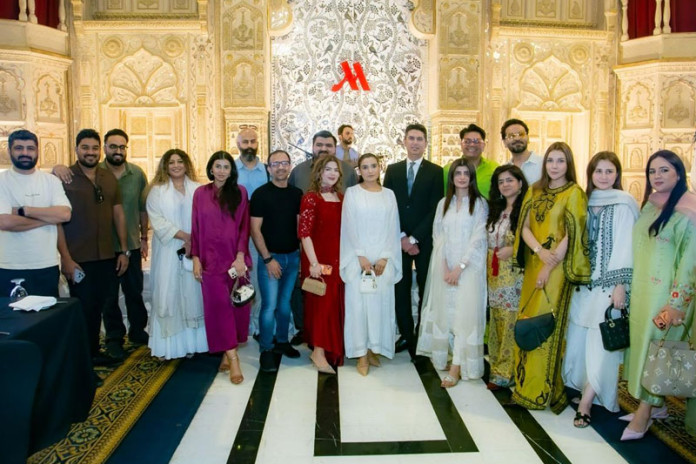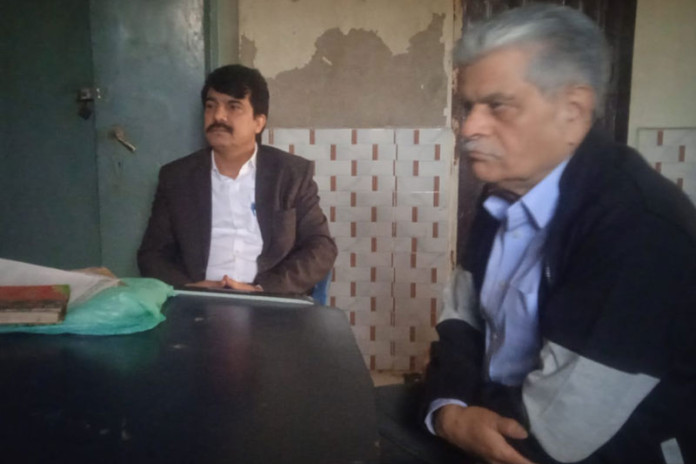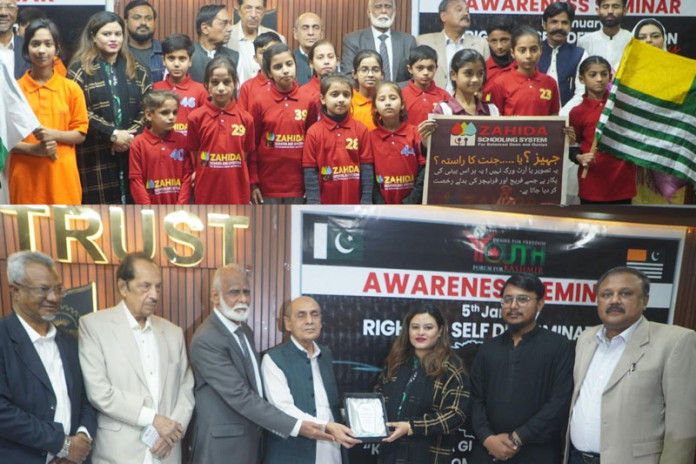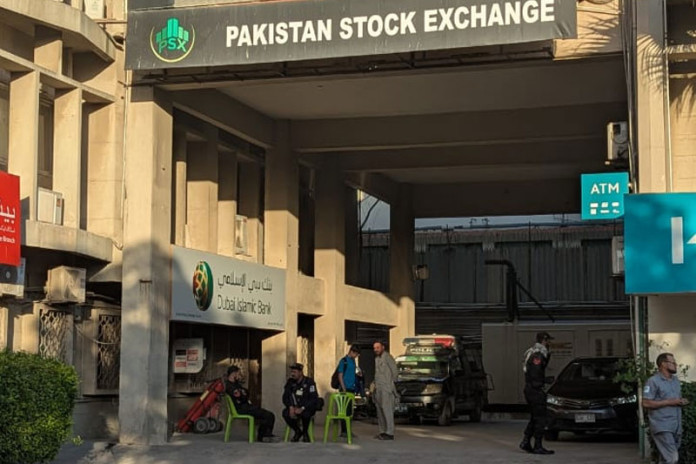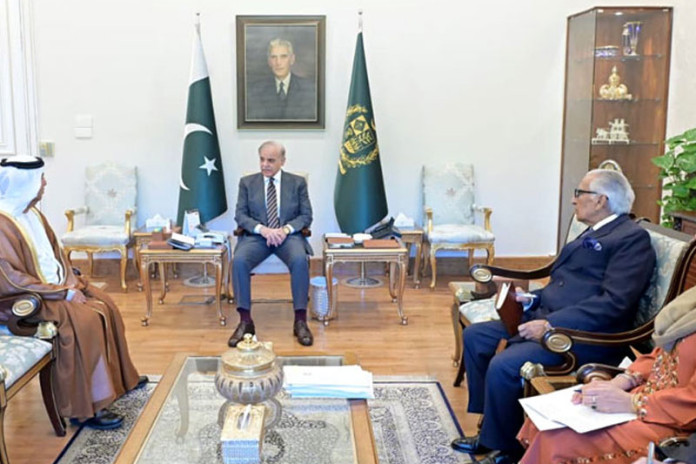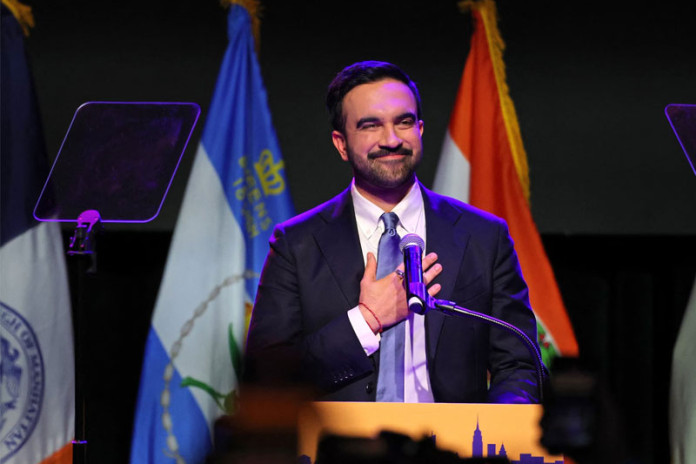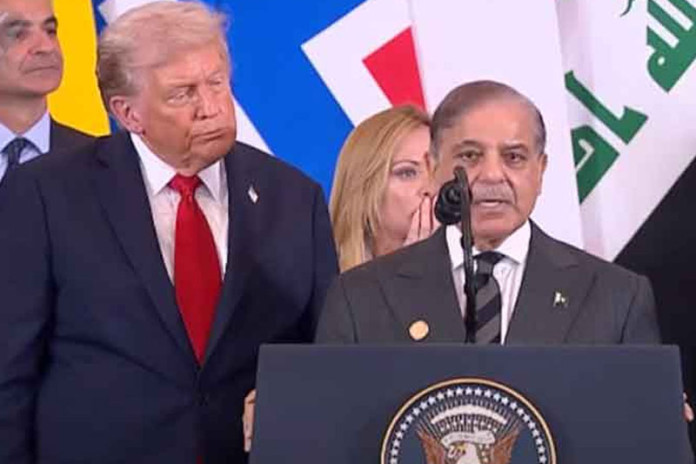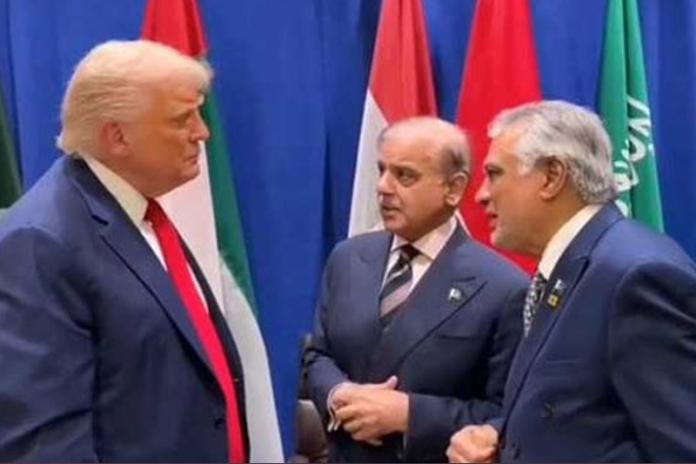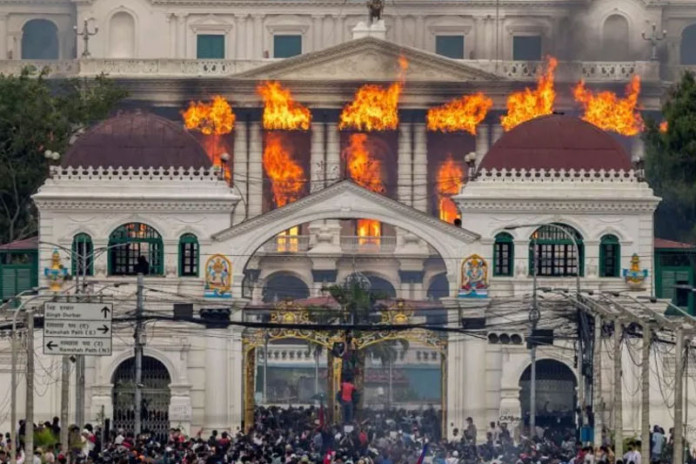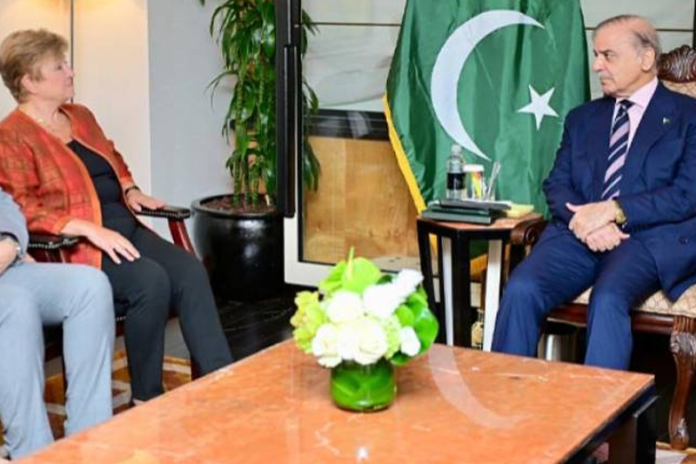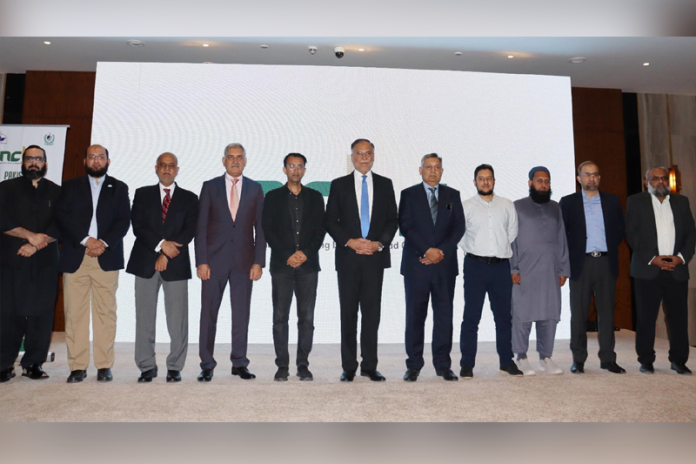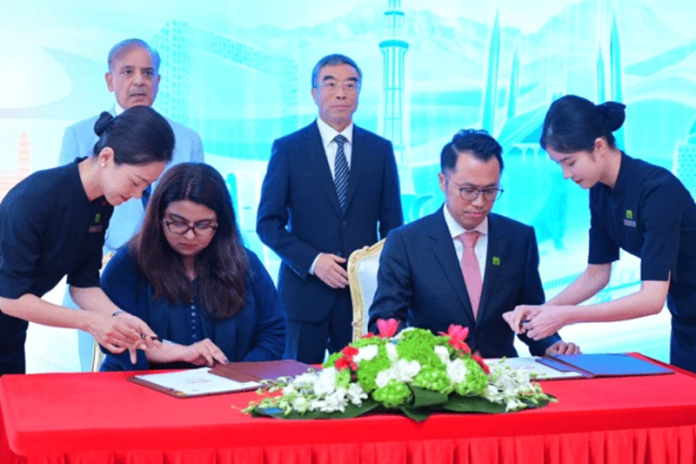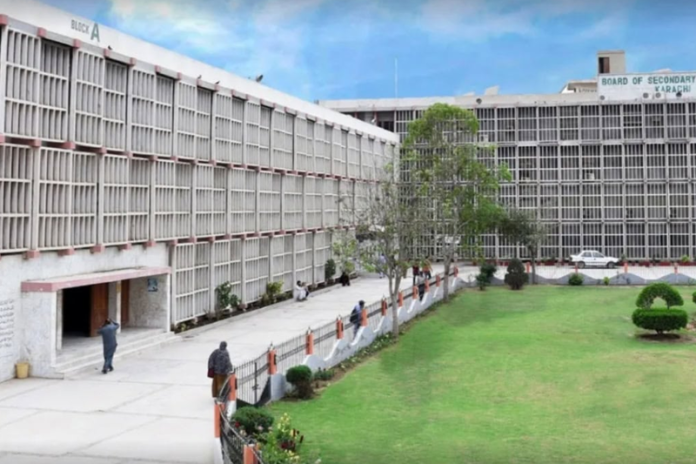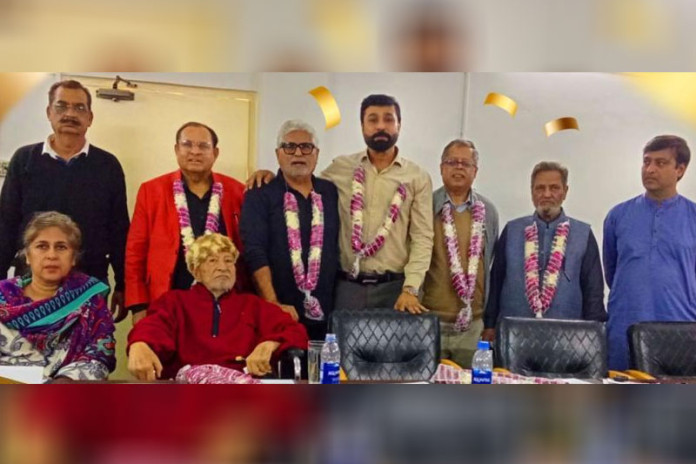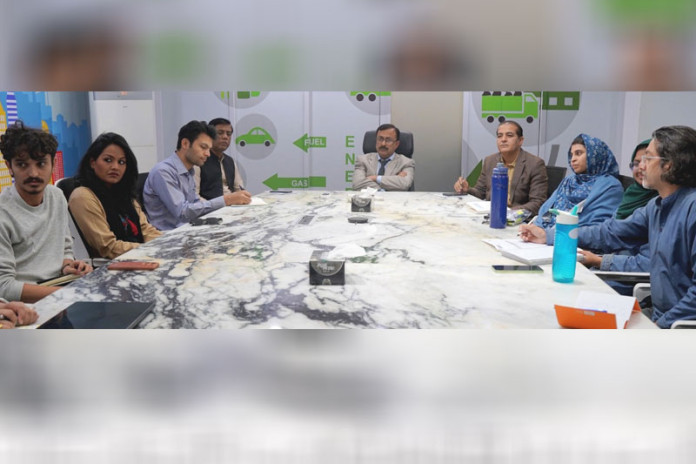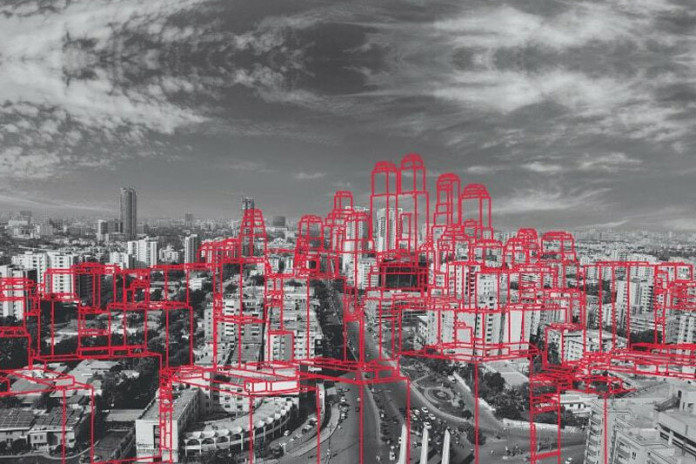Ramadan Subsidies: promoting affordability and access to essentials
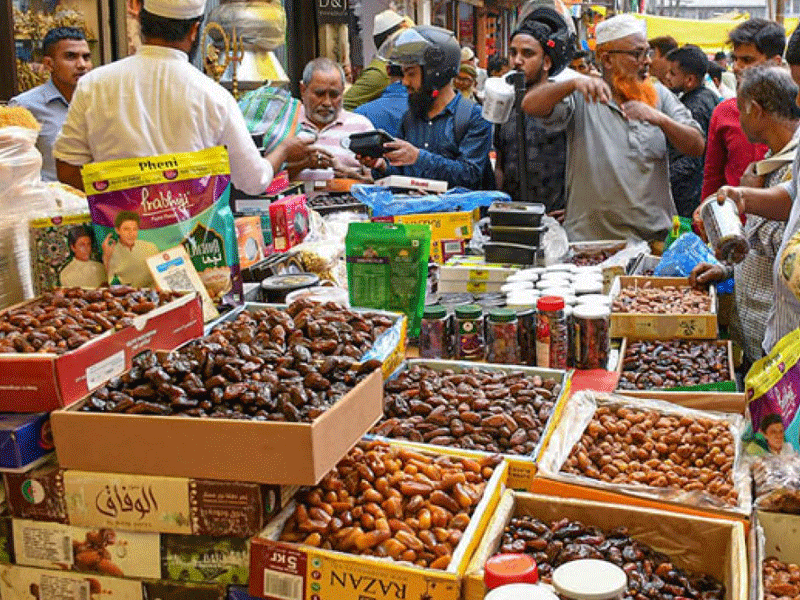
- 371
- 0
Ramadan, the holiest month in the Islamic calendar, is a time of spiritual reflection, fasting, and communal gatherings for Muslims around the world.
As families come together to observe this sacred occasion, the affordability and availability of essential commodities, such as fruits, meat, and chicken, become paramount. This article advocates for government intervention to reduce prices on essential items during Ramadan, ensuring that all citizens can partake in the traditions and rituals of this blessed month without undue financial burden.
The Significance of Ramadan: Ramadan holds immense religious and cultural significance for Muslims, marked by fasting from dawn to sunset, increased prayers, and acts of charity. It is a time for self-discipline, compassion, and spiritual growth, with emphasis placed on community solidarity and support. However, the economic strain caused by inflated prices of essential commodities can hinder individuals and families from fully participating in the observance of Ramadan.
Challenges Faced by Citizens: In many countries, the cost of living rises during Ramadan due to increased demand for food items and other essentials. This phenomenon, often referred to as the "Ramadan price hike," disproportionately affects low-income households, exacerbating their financial hardship and limiting their ability to purchase nutritious foods. As a result, many individuals may struggle to afford basic necessities, compromising their health and well-being during this sacred month.
The Case for Government Intervention: Governments have a responsibility to ensure the welfare of their citizens, particularly during times of religious significance and community cohesion. By implementing targeted subsidies on essential commodities, authorities can alleviate the financial burden on households and promote inclusivity and social justice. Cutting down prices on fruits, meat, and chicken specifically addresses the dietary needs and cultural preferences of Muslims during Ramadan, fostering a sense of belonging and participation for all members of society.
Benefits of Subsidizing Essential Commodities:
Economic Relief: Lowering the prices of essential items reduces the overall cost of living for citizens, providing much-needed relief to families struggling to make ends meet. This initiative helps alleviate poverty and financial stress, improving the quality of life for vulnerable populations.
Health and Nutrition: Access to affordable fruits, meat, and chicken ensures that individuals can maintain a balanced and nutritious diet during Ramadan. Adequate nutrition is essential for sustaining energy levels during fasting hours and supporting overall health and well-being.
Social Cohesion: By prioritizing affordability and accessibility, governments demonstrate their commitment to fostering social cohesion and solidarity among diverse communities. Subsidized prices promote inclusivity and equal participation in religious observances, strengthening bonds within society.
Religious Fulfillment: Ensuring access to essential commodities enables Muslims to fulfill their religious obligations and traditions during Ramadan without financial constraints. This initiative upholds the principles of equity and justice inherent in Islamic teachings, fostering a sense of spiritual fulfillment and community engagement.
Implementation Strategies: To effectively implement subsidies on essential commodities during Ramadan, governments can consider the following strategies:
Price controls: Implementing price ceilings or caps on fruits, meat, and chicken to prevent unjustified price hikes during Ramadan.
Subsidy programs: Allocating funds to subsidize the production, distribution, and sale of essential commodities, thereby reducing retail prices for consumers.
Public-private partnerships: Collaborating with retailers, wholesalers, and producers to streamline supply chains and ensure the availability of subsidized products in markets nationwide.
Consumer education: Launching public awareness campaigns to inform citizens about subsidized items and their eligibility criteria, encouraging informed purchasing decisions.
Conclusion: As governments strive to promote social justice, economic stability, and religious freedom, subsidizing essential commodities during Ramadan emerges as a tangible and impactful intervention. By prioritizing affordability and access, authorities can uphold the values of compassion, equity, and inclusivity enshrined in Islamic teachings. Through targeted subsidies on fruits, meat, and chicken, governments demonstrate their commitment to supporting the well-being and spiritual fulfillment of all citizens, fostering a sense of unity and solidarity during this auspicious month of Ramadan.
Published in The Daily National Courier, March, 13 2024
Like Business on Facebook, follow @DailyNCourier on Twitter to stay informed and join in the conversation.

